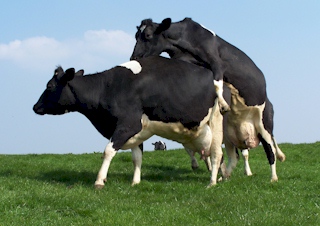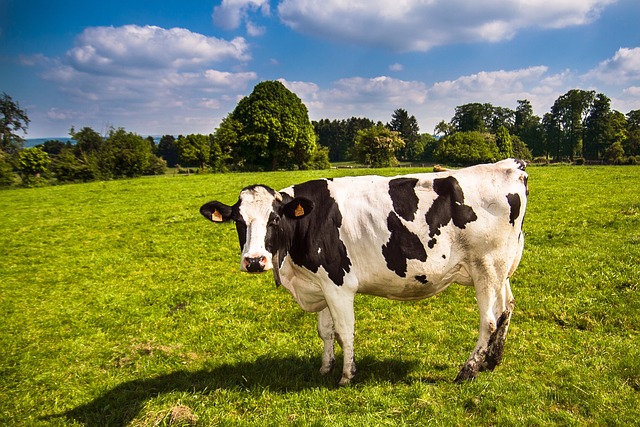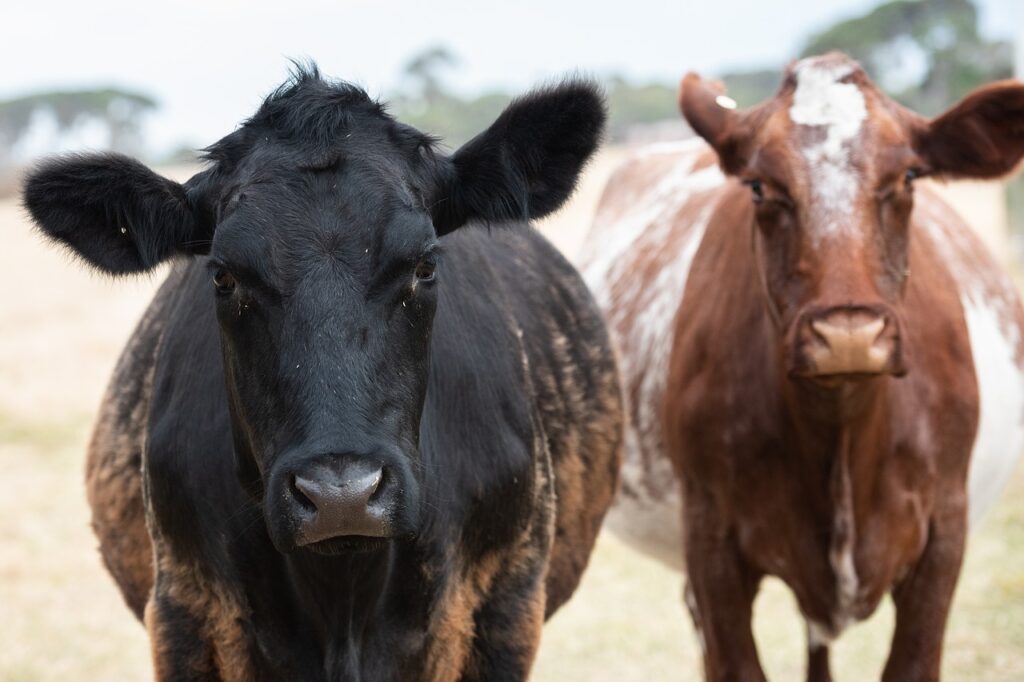Pregnancy toxemia is a serious metabolic disorder affecting cows, particularly during the last trimester of pregnancy. This condition arises when the energy demands of the developing fetus exceed the mother’s dietary energy supply, leading to metabolic imbalances that can have severe consequences if left unmanaged. Understanding its causes, clinical signs, and preventive measures is essential for maintaining the health and productivity of pregnant cattle.
What is Pregnancy Toxemia?
Pregnancy toxemia, also known as ketosis in late pregnancy, occurs when a cow’s dietary intake falls short of meeting the energy demands of fetal development. As a result, the cow’s body mobilizes fat reserves to compensate, which leads to the accumulation of ketone bodies in the blood. This metabolic imbalance is most commonly observed in cows during their seventh to ninth month of pregnancy.
Clinical Signs of Pregnancy Toxemia
Symptoms of pregnancy toxemia can vary but generally include:
- Early Signs:
- Lethargy and depression.
- Loss of appetite (anorexia).
- Gradual loss of body condition.
- Advanced Symptoms:
- Recumbency (lying down and inability to rise).
- Separation from the herd.
- Acetone-like smell in the breath.
- Hard, dry feces, sometimes covered with mucus or blood.
- Clear nasal discharge and flaking of the muzzle epithelium.
- Severe Cases Before Parturition:
- Nervous symptoms such as excitability and incoordination.
- High-stepping gait.
- Constipation.
Without timely intervention, the condition can lead to severe health complications or death.
Diagnosis
Diagnosis of pregnancy toxemia involves:
- History: Over-fat cows, inadequate nutrition, or starvation during the late stages of pregnancy.
- Clinical Signs: Gradual onset of lethargy, inappetence, and rapid body condition loss.
- Laboratory Tests: Hypoglycemia, elevated blood ketone levels, and ketones in the urine.
- Post-Mortem Findings: Enlarged, fatty liver with a greasy cut surface.
Prevention of Pregnancy Toxemia
Preventing pregnancy toxemia requires proactive management:
- Maintain Proper Body Condition: Avoid over-conditioning cows during the later stages of pregnancy.
- Adequate Nutrition: Ensure cows receive a balanced diet that meets their increased energy demands during the last trimester.
- Supplementary Feeding: Provide additional energy-rich feed to pregnant cows at risk of energy deficits.
- Regular Monitoring: Assess body condition and metabolic health regularly to detect early signs of imbalances.
Conclusion
Pregnancy toxemia in cattle is a preventable condition that can cause severe health issues if not addressed promptly. By maintaining proper nutrition, avoiding over-conditioning, and monitoring the health of pregnant cows, farmers can reduce the risk of this metabolic disorder and safeguard the well-being of their herd.





